ANNISTON ARMY DEPOT, Ala. - The Student Educational Employment Program, better known as the co-op program, has added hundreds of employees to the workforce of Anniston Army Depot.
The program, now approaching its 10th year, teaches the trades of machining, mechanics, welding, hydraulics/pneumatics and electronics.
It's a three-phase process - high school, career technical and, finally, full-time depot employment - and vacancies in SEEP are competitive positions based on workforce forecasts by supervisors and managers in the Directorate of Production.
"Last year, we had close to 500 students apply for 60 vacancies in the high school program," said Mary Mullen, program manager for the depot's SEEP. "Of those applicants, 291 were eligible for the program, so we know the students chosen are the cream of the crop."
Starting from scratch
Most high school students enter the program with little or no experience. Therefore, as they are placed into the one of the five trades, instructors start with the basics.
"Approximately 70 percent of our students don't have any trade experience, so we start them off on manual equipment, allowing them to see how things are done before they work on the automated machines," said Tony Stamper, program manager for the high school phase of the program.
Students are recruited from 47 different high schools, all within a 35-mile radius. They spend half of the school day at their high school and the other half at the Career Academy.
Scott Davis, electronics instructor for the program, said safety is stressed from the beginning and electronics students graduate from the program with one of the certifications needed for jobs in electronics.
He and another instructor, Andrew Heard, are former students of the program who worked in the Directorate of Production for several years before returning to teach.
"I really get a sense of satisfaction out of this," said Heard, the Career Academy's hydraulics/pneumatics instructor. "I know I am responsible for developing their skills."
Each student is encouraged to participate in Skills USA, an organization that gives them a chance to compete and show off skills learned through the career education program and their other studies and interests. Several SEEP students have excelled at the local and state level, going on to compete nationally.
Continuing to learn
According to Mullen, the career technical program, geared toward training workers while they earn their technical college degree or certification, has always been in place. It became the second phase for high school students once that program began in 2000 and received a boost two years ago when the depot partnered with Gadsden State Community College to create an on-site campus for students in the program.
The 98 current technical college students enrolled in the program were selected from graduates of the high school program and technical college students throughout Alabama.
Diesel mechanics, machining and hydraulic/pneumatics are taught on-site along with certain college courses required by GSCC; while welding and electronics are taught at the student's chosen college.
Work performed by the technical college students contributes to the depot's mission. Students who attend classes off-site work part time in the Nichols Industrial Complex, while those at the on-site campus perform disassembly or machining work for the depot's various shops.
Since they work on the same types of engines, transmissions and equipment the installation uses, there is no learning curve when they move to phase three, a full-time position on the depot.
An additional part of this workforce replacement program is the four-year university program. These students are recruited through the co-op programs at their individual universities to fill job vacancies on the installation.
For more information on the program, call Mary Mullen at Ext. 4840.
<B>Requirements
Students wanting to join the high school program must:
Aca,!Ac be a rising senior at least 16 years old
Aca,!Ac have an overall "C" average
Aca,!Ac be enrolled in school full-time
Aca,!Ac have passed the Alabama High School Graduation Exam
Technical college students must:
Aca,!Ac maintain a 2.5 grade point average
Aca,!Ac be able to successfully complete the certification or degree requirements
University students must:
Aca,!Ac be working on a bachelor's or master's degree in their chosen career field
Aca,!Ac meet requirements to work on the installation
Aca,!Ac maintain a 2.75 GPA
Aca,!Ac complete 640 hours of employment in order to be converted into a full-time employee
Referrals from teachers and other school officials are necessary for all segments of the program, as is an interview process.
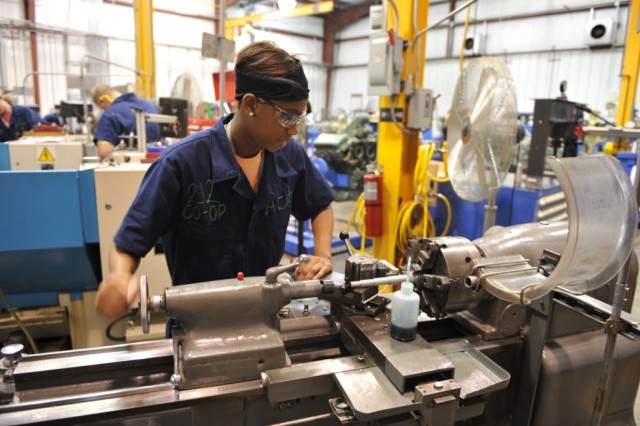
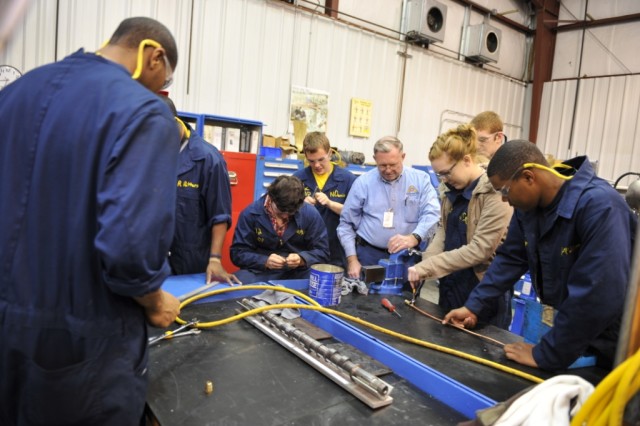
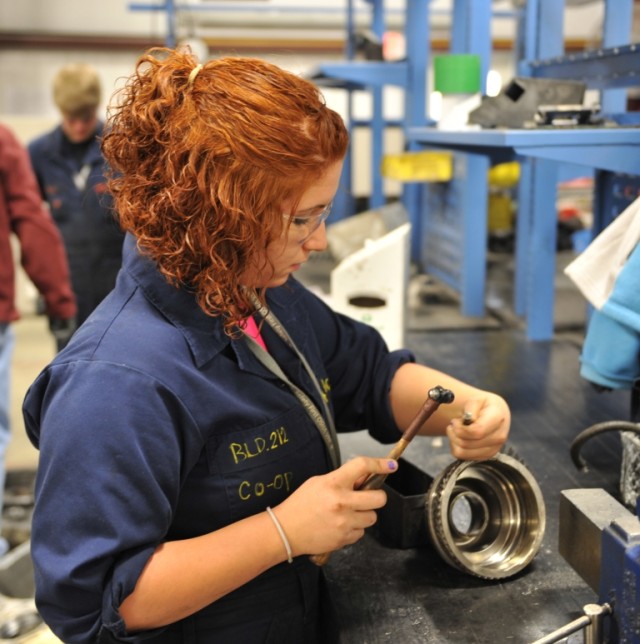
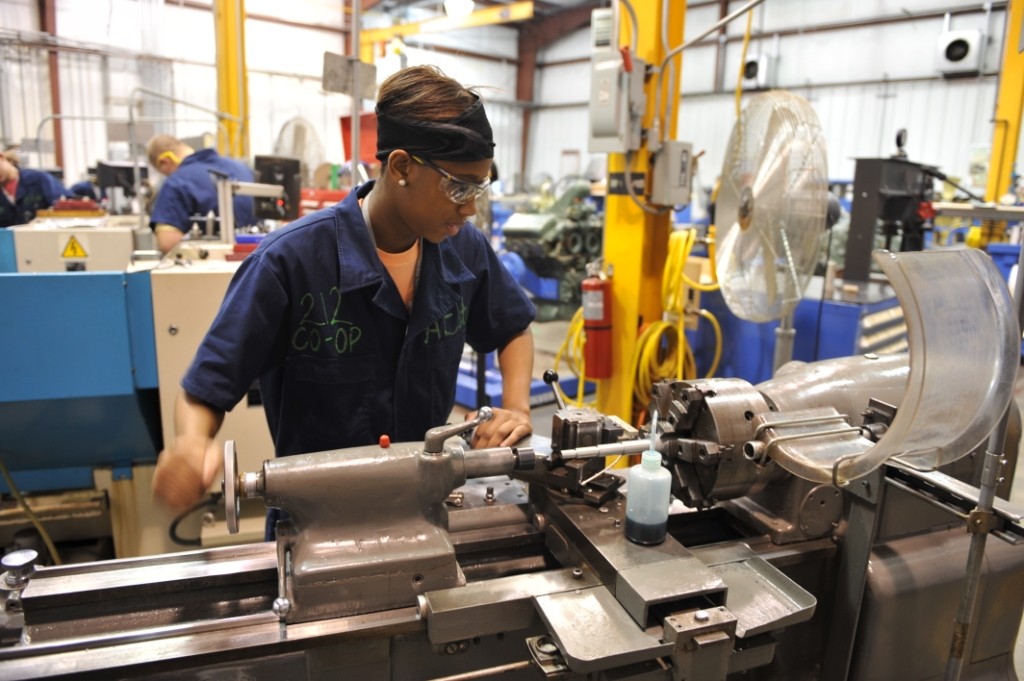
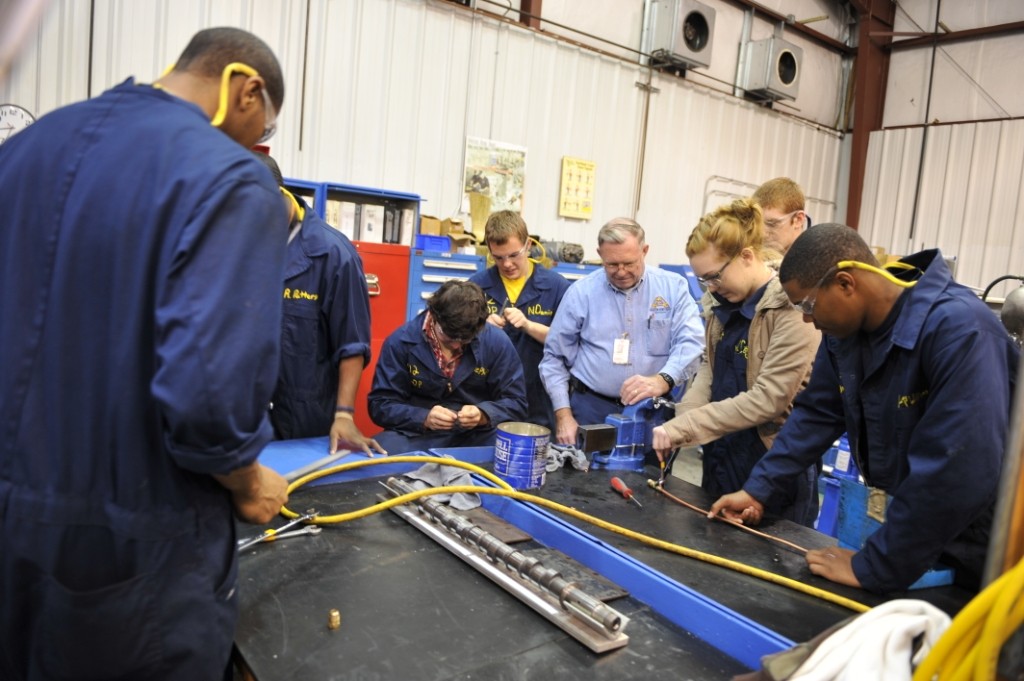
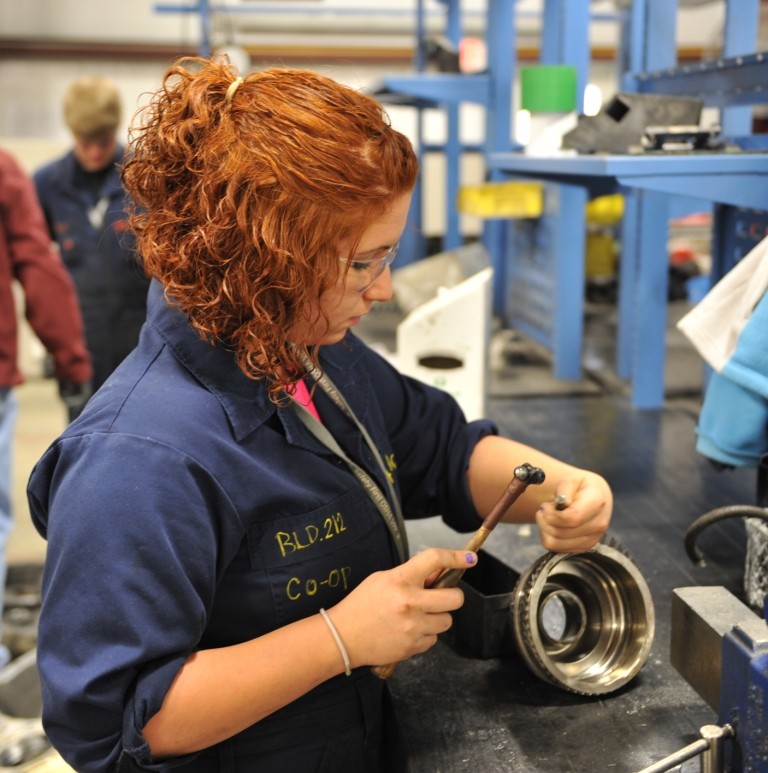
Social Sharing